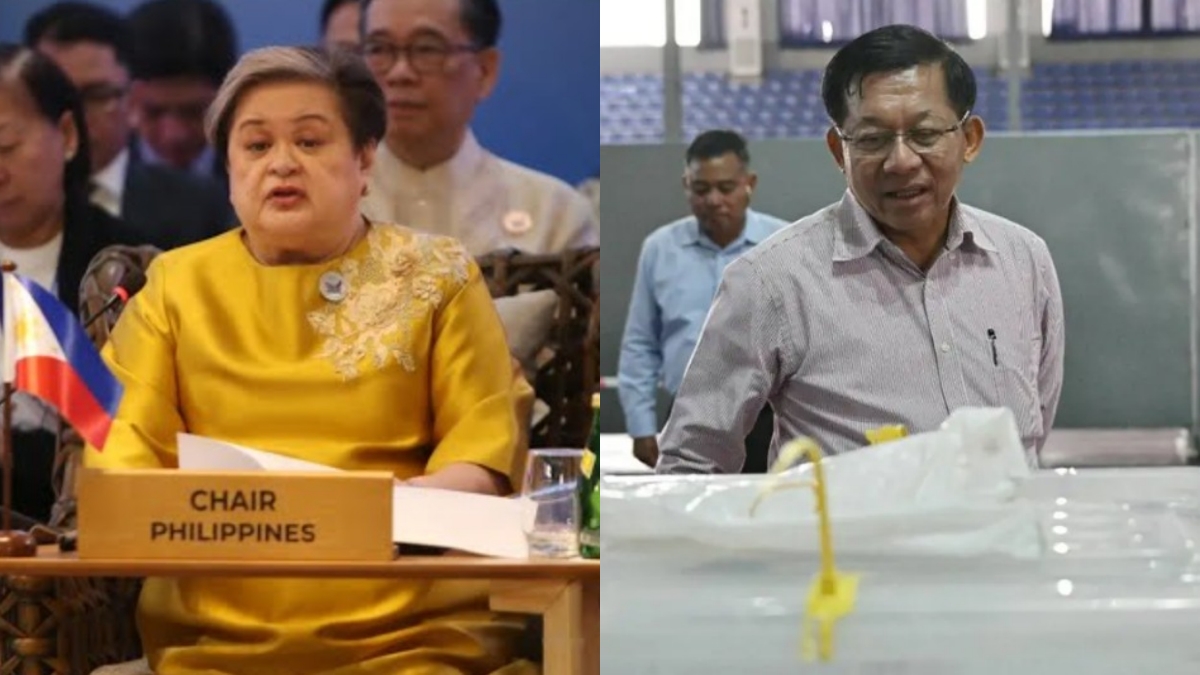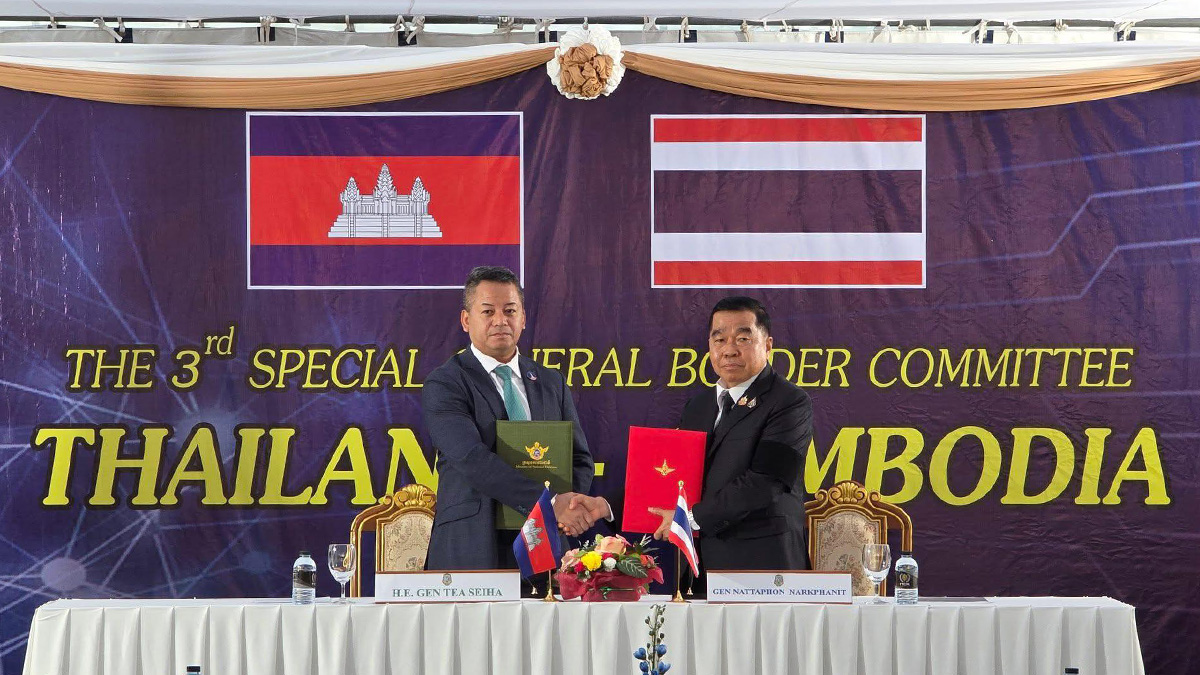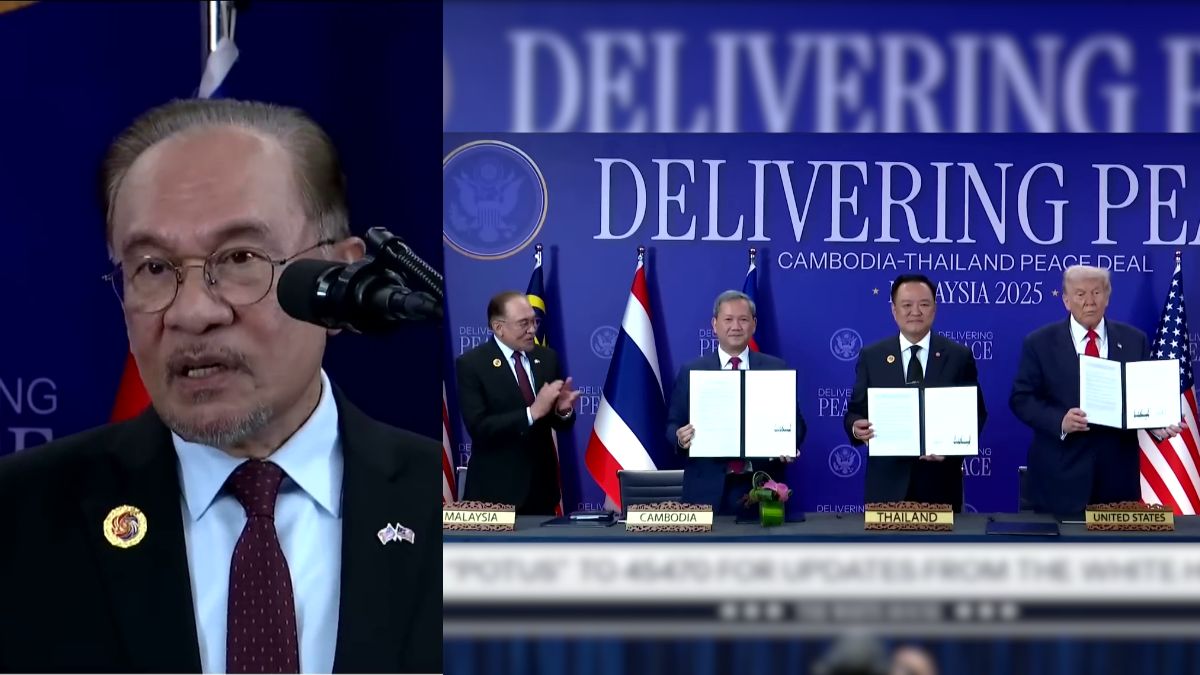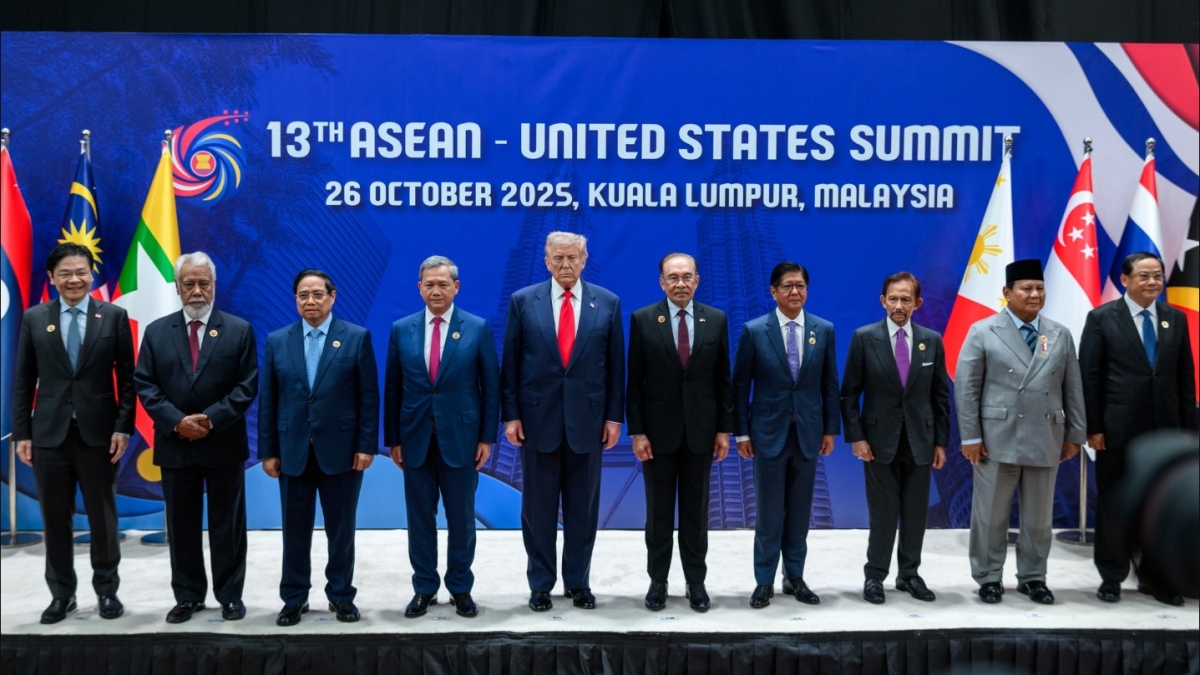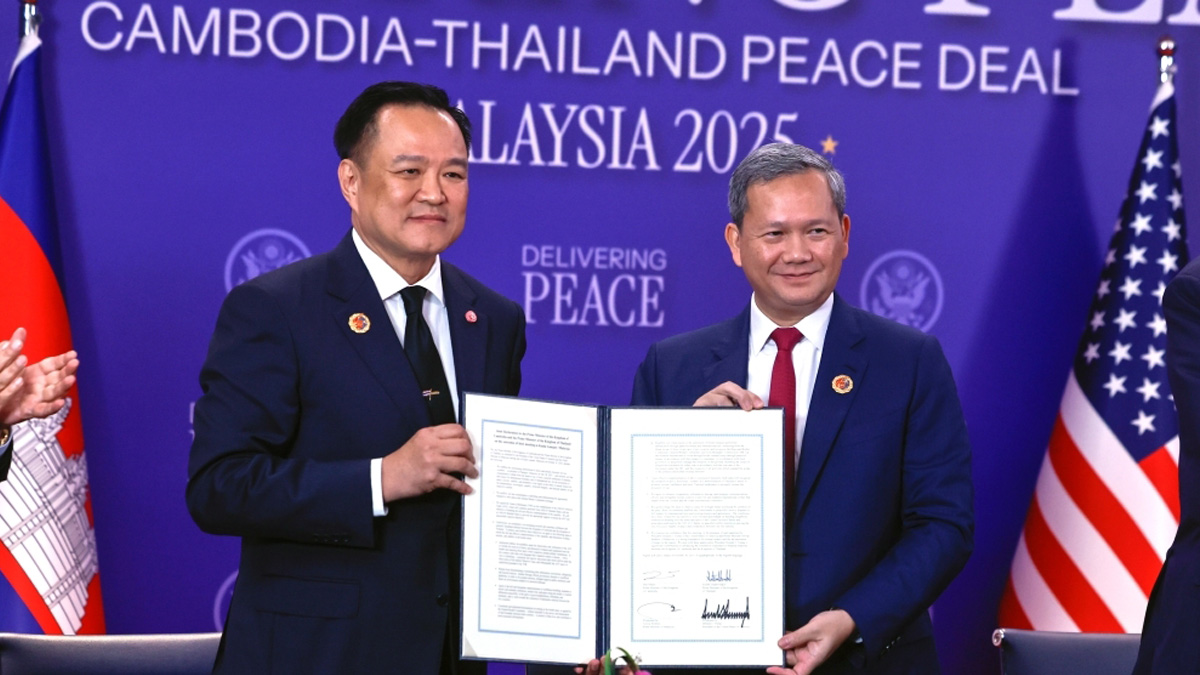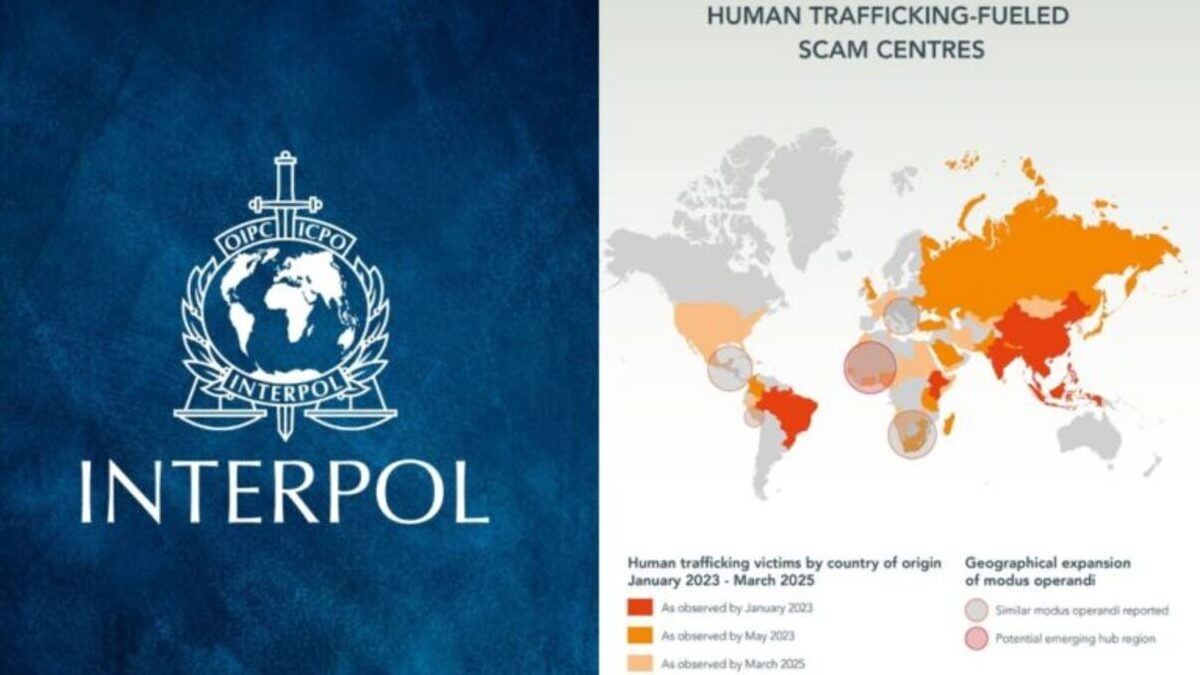Rights group warns ASEAN’s 2045 Vision risks “empty rhetoric” without human rights action
FORUM-ASIA has called on ASEAN to centre human rights in its newly adopted 2045 Vision, warning that the bloc’s success depends on ending impunity and addressing ongoing abuses in Myanmar, Indonesia, Malaysia, and Thailand.
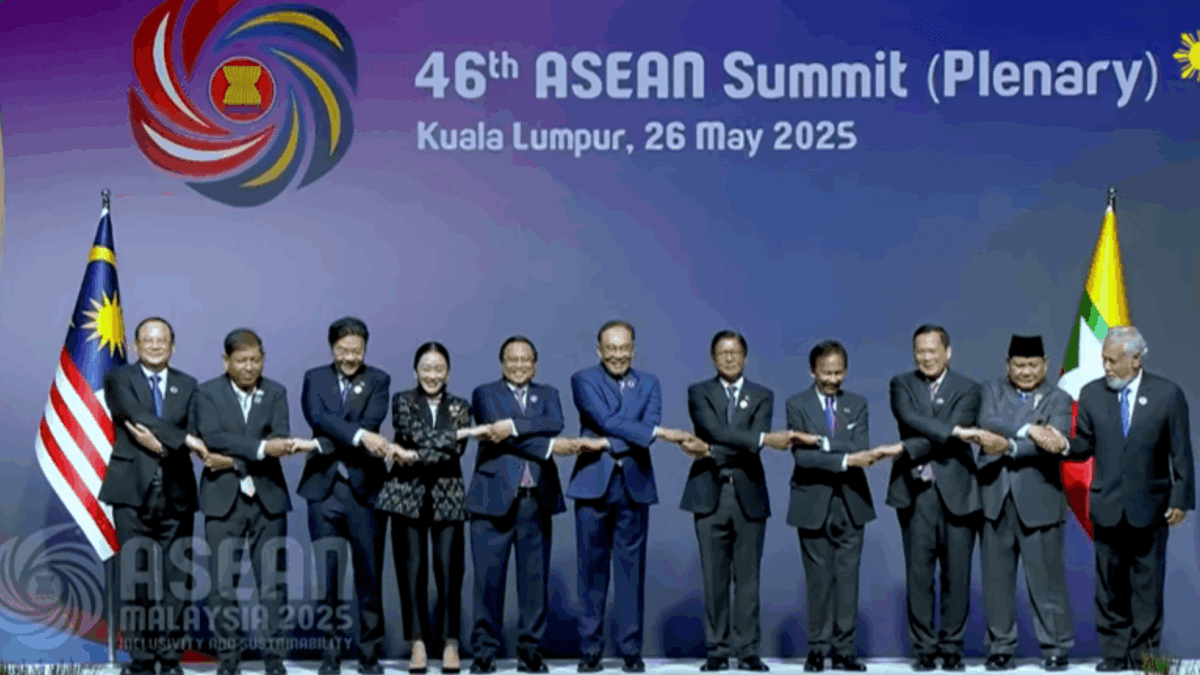
- FORUM-ASIA urges ASEAN to prioritise human rights in implementing its Community Vision 2045.
- Ongoing abuses cited include Myanmar’s forced conscription, Indonesian police brutality, Malaysia’s use of SOSMA, and Thailand’s repression of mining protests.
- The group warns ASEAN’s non-interference principle undermines accountability, calling for concrete reforms.
The Asian Forum for Human Rights and Development (FORUM-ASIA) has urged the Association of Southeast Asian Nations (ASEAN) to place human rights at the centre of its newly adopted ASEAN Community Vision 2045, warning that the bloc’s credibility and long-term goals depend on addressing ongoing rights crises.
The statement, released after the ASEAN Summit on 26–27 May 2025, criticised ASEAN for prioritising development and security while remaining largely silent on systemic violations across its member states.
Mary Aileen Diez-Bacalso, Executive Director of FORUM-ASIA, said ASEAN must not detach itself from “realities on the ground.”
“To realise this new vision, ASEAN should resolve past and ongoing human rights violations across the region, while also striving to prevent any form of recurrence,” she said.
Diez-Bacalso stressed that dismantling a culture of impunity is essential to making the Vision meaningful.
ASEAN’s 2045 roadmap
Adopted at the May summit, the ASEAN Community Vision 2045 outlines a 20-year plan to enhance regional integration across economic, socio-cultural, and political-security pillars.
Its accompanying ASEAN Political-Security Community Strategic Plan seeks to provide a framework for implementation.
Paragraph 15 of the Vision commits ASEAN to building “an inclusive and cohesive Community” that respects diversity and upholds “the principles of democracy, rule of law and good governance,” while promoting and protecting human rights.
But FORUM-ASIA warned that such language risks becoming hollow rhetoric without concrete mechanisms to confront abuses.
Human rights crises in ASEAN states
The organisation highlighted several ongoing cases:
-
Myanmar: Since the 2021 coup, the military junta has escalated repression. In 2025 it expanded forced conscription to women and vulnerable groups, with reports that family members of those refusing enlistment face reprisals. Military offensives in Magway, Sagaing, Chin, Kachin, Mandalay, and Bago have continued, while earthquake relief efforts in March 2025 were reportedly obstructed to deny aid to resistance-held areas.
-
Indonesia: The government of President Prabowo Subianto and Vice President Gibran Rakabuming Raka has been accused of repressing protesters and journalists. Local rights groups have reported police brutality during demonstrations over economic policies and controversial laws. Journalists covering the unrest have faced threats and attacks. In Papua, indigenous communities are said to be suffering from military-backed palm oil expansion.
-
Malaysia: The continued use of the Security Offences (Special Measures) Act 2012 (SOSMA) has drawn concern from civil society. Critics say it is being deployed to arrest and intimidate peaceful demonstrators, including hunger strikers.
-
Thailand: In the Dan Khun Thot District, protesters opposing potash mining projects have reportedly faced reprisals, with activists citing environmental destruction and harm to livelihoods.
Non-interference principle under fire
FORUM-ASIA criticised ASEAN’s persistent reliance on its long-standing non-interference principle, which prevents the bloc from directly addressing domestic crises.
“ASEAN has long hidden behind its non-interference principle,” the group said. “Instead, it ought to be more proactive in fulfilling its agenda to protect human rights.”
The group called for ASEAN to adopt impartiality, objectivity, non-discrimination, and accountability as guiding principles under its new strategic direction.
From vision to action
While ASEAN leaders have hailed the 2045 Vision as a blueprint for a stronger community, rights advocates argue its legitimacy will depend on whether member states translate words into action.
FORUM-ASIA emphasised the importance of people’s participation in shaping the bloc’s future. Without inclusivity, it warned, ASEAN risks reducing the Vision to “empty rhetoric.”
“As ASEAN progresses towards 2045, the legitimacy and success of its Vision will depend largely on its ability to confront and resolve the region’s most pressing human rights challenges,” the group said.


